Navigating Plutocracies in Decentralized Medicine
Jan. 11, 2024.
5 min. read.
13 Interactions
This article is available in multiple translations, Click here for a list of options.
✕
Kai Morris explores the challenges of Plutocracies in Medical DAOs and explores revolutionary proof-of-personhood solutions for a truly democratic Web3 healthcare era.
Decentralized Science (DeSci) is one of the most exciting areas in Web3. The potential of opening the world of research up to the general public, and getting communities involved in the types of discoveries made is a sign of society and science coming together, forming a scientific era. This is best seen when it comes to medicine, as healthcare is meaningful to every living person, and we are all concerned with the developments that are coming.
With a range of DAOs focusing on areas such as mental health and psychedelics, longevity, genetics, and female health, medicine and healthcare are definitely experimenting with decentralized models. However, there is one major issue that prevents this idyllic vision from materializing, and it cuts to the heart of most DAO infrastructures….
DAOs are vulnerable to Plutocracies
The current model for DAOs equates voting power with financial power. More governance tokens: more votes. DAOs create and distribute these tokens as a way of raising funds, whilst also encouraging people to partake in their network by incentivizing users with the ability to make change.
At first glance this does not sound like much of a problem – after all, governance tokens are potentially the dominant type of crypto asset in the Web3 space. However, they also open up these DAOs to the risk of plutocratic rule. This is where decisions are made by the wealthiest members of a society or community. It is the process of having money act as a substitute for voting, or as a way of buying votes.
In everyday living, the idea of using money to vote sounds genuinely repulsive, but when it comes to Web3 and DAOs, the notion has been normalized through the use of governance tokens. This is not to say these tokens are always wrong, or that there are no merits to the way Web3 and blockchain tools democratize activity, but rather it is simply to point out a major flaw that often gets overlooked.
Let’s not negate the achievement of DAOs: it is revolutionary to tokenize voting in a decentralized setting, as it allows people to have their voices heard globally and without the need for a centralized intermediary. It gives communities the ability to form and make decisions in a distributed and independent way. The sad reality is that this method of democratization is inherently limited by the financial aspect baked into it, which means it risks replicating the very hierarchies and inequalities that the space has been trying to transcend.
The issue is most prevalent when looking at medical DAOs. While every DAO is at risk of plutocratic decision-making, the medical world comes with unique worries. The sheer scale of the industry, the lucrative nature of treating illnesses and disorders, and the fact that it covers a range of sensitive and controversial social issues, make it susceptible to lobbying from corporations.
The Struggles of Medical DAOs
Ideas and innovations in medicine quickly draw corporate and organizational interest. Sometimes this interest comes from a pharmaceutical company trying to solve the same problems, sometimes from pressure groups and communities interested in a particular disease, and sometimes from government departments on the lookout for future developments. There are always stakeholders and parties who are focused on healthcare and medical progress.
Usually, it is not hard for some of these organizations to steer the situation in their favor. For instance, they could influence policy and research priorities through their financial and lobbying power. DAOs attempt to solve this type of issue by giving power to the individuals and stripping it away from these larger parties. But in reality, the fact that they use governance tokens means that the organizations they are trying to shun can simply influence decisions more directly by purchasing tokens and voting in their own interest.
For example, if a medical company is working on a similar idea to one that is seeking funding via a DAO, they could simply vote against it, or vote for another project to get funding instead. That way, they reduce the competition in the market. Instead of using cloak and dagger, or pulling the string in some concealed way, they can just buy votes.
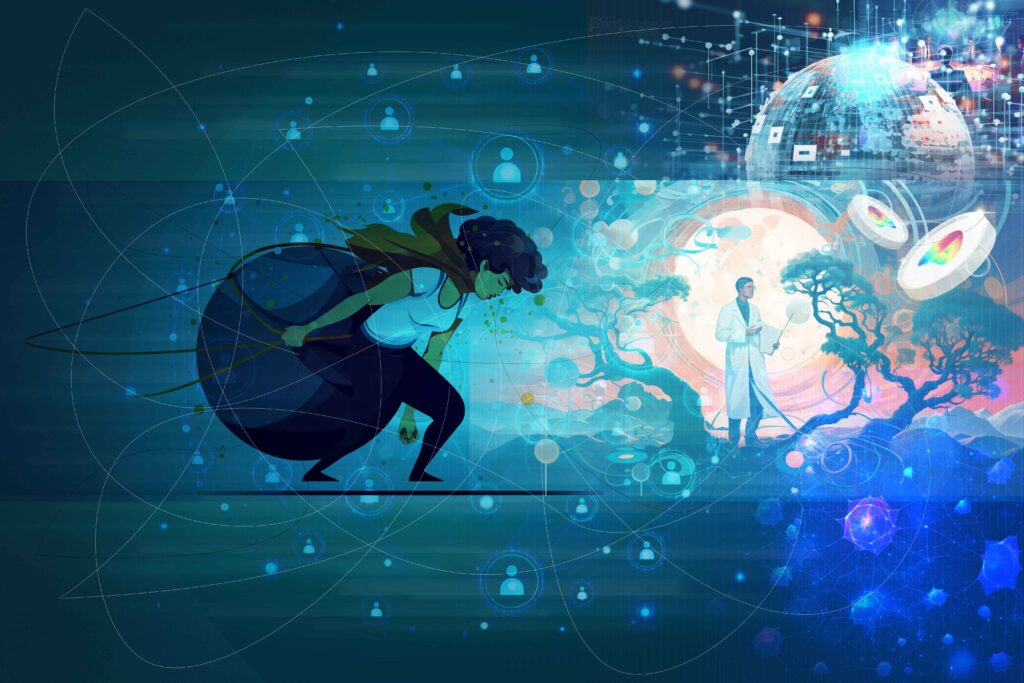
Preventing Plutocratic Rule
This does not mean DAOs are useless, or that decentralized medicine is an automatically futile endeavor. It just means that we need to think critically about how votes can be counted in a distributed system without conflating them with money.
Thankfully, some systems exist to help with this. There is a faction of the blockchain industry that is looking into this very real problem. These are researchers who are interested in building proof-of-personhood networks, which are blockchains that recognize and validate the identity of each participant as a unique individual, allowing for one-vote-per-person activities.
Proof-of-personhood blockchains need to solve a very specific type of trilemma. They need to be decentralized, private (in that user data is protected, or better yet, not even collected), and Sybil resistant (meaning a user cannot create multiple accounts/identities to gain more votes or influence).
There are several projects that aim to solve this problem, including Sam Altman’s Worldcoin, although it is currently being scrutinized for its method of achieving this via iris scans.
What is great about this space is that it is not simply theoretical, but a bazaar of real activity. These solutions are far beyond the proof-of-concept stage– they are practical ideas that are being tested rigorously, and gaining momentum. If they can be proven to work and scale sufficiently, then they can imbue any DAO with a plutocracy-resistant framework that brings democracy to them in a more intimate way.
The Future of Medical DAOs
No sector is in need of this more than medical DAOs. As a deeply vulnerable sub-culture of the DAO world, they could greatly benefit from proof-of-personhood voting systems. The best news is that these tools are not a pipe-dream, but a current-day reality.
Governance tokens can still exist in these networks. The only difference would be that they are now more democratic, as they can only be used to cast one vote per person (working more as NFTs than monetary tokens). We need to embrace this technology in DAO projects, and shun the plutocratic models. This is a necessary step towards displaying a fairer distribution of voting power in the Web3 world.
Let us know your thoughts! Sign up for a Mindplex account now, join our Telegram, or follow us on Twitter.

.png)

.png)


.png)

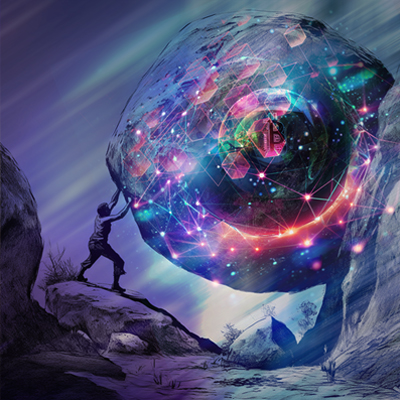
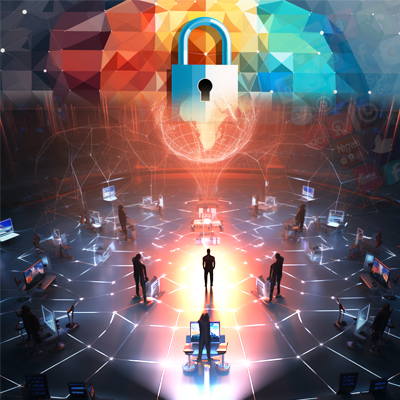
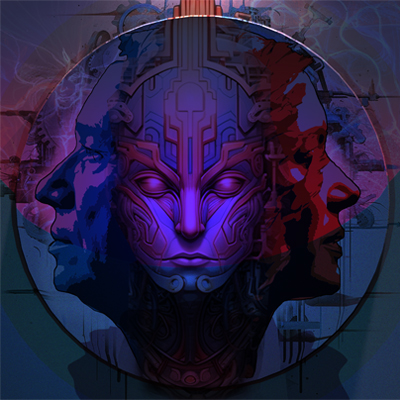
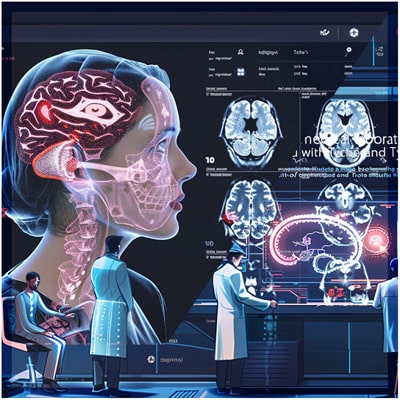

2 Comments
2 thoughts on “Navigating Plutocracies in Decentralized Medicine”
I like this bro
🟨 😴 😡 ❌ 🤮 💩
Navigating Plutocracies In Decentralized Medicine" would be that it's an intriguing topic that addresses the potential challenges of maintaining equality and fairness in healthcare systems as they become more decentralized. Exploring how economic and political powers might influence decision-making and resource allocation in decentralized medicine is crucial for ensuring equitable access to healthcare services for all. It highlights the importance of robust policies and regulatory mechanisms to prevent the exacerbation of health disparities and ensure that advancements in technology benefit everyone, not just a privileged few or powerful entities. Overall, it's a thought-provoking subject that warrants further discussion and exploration.
🟨 😴 😡 ❌ 🤮 💩